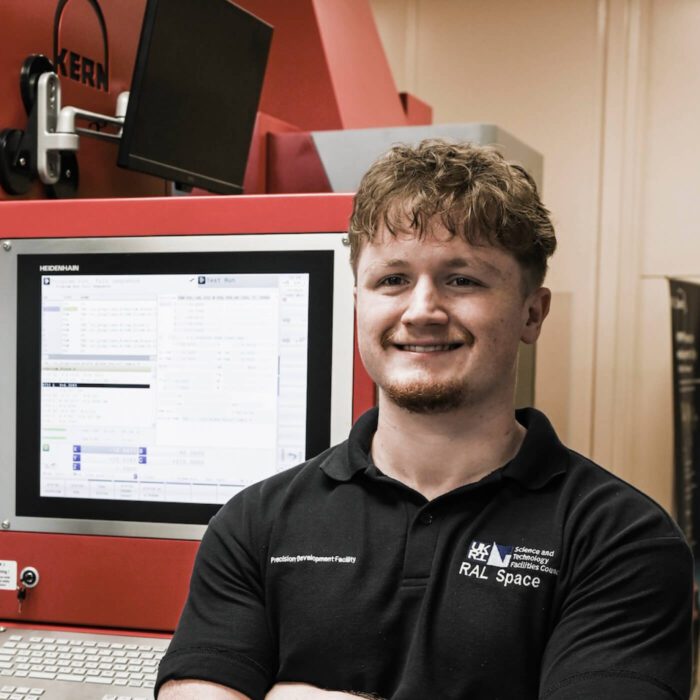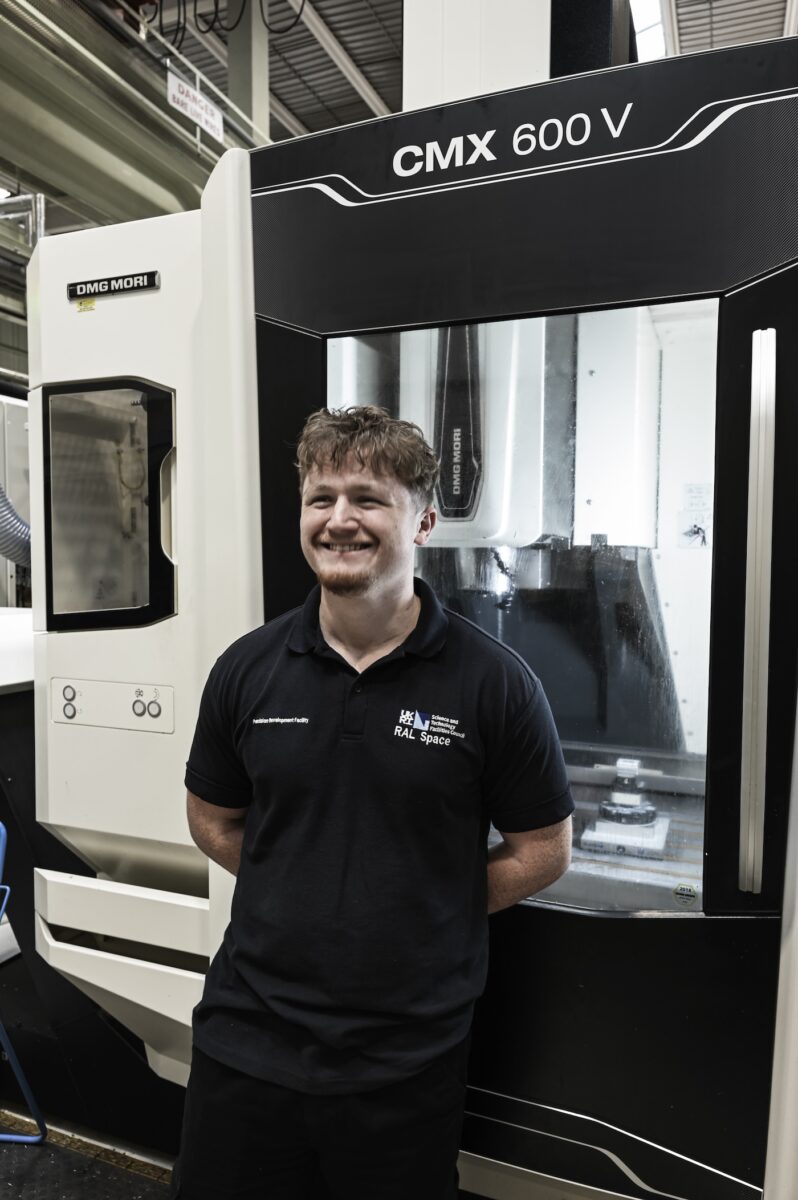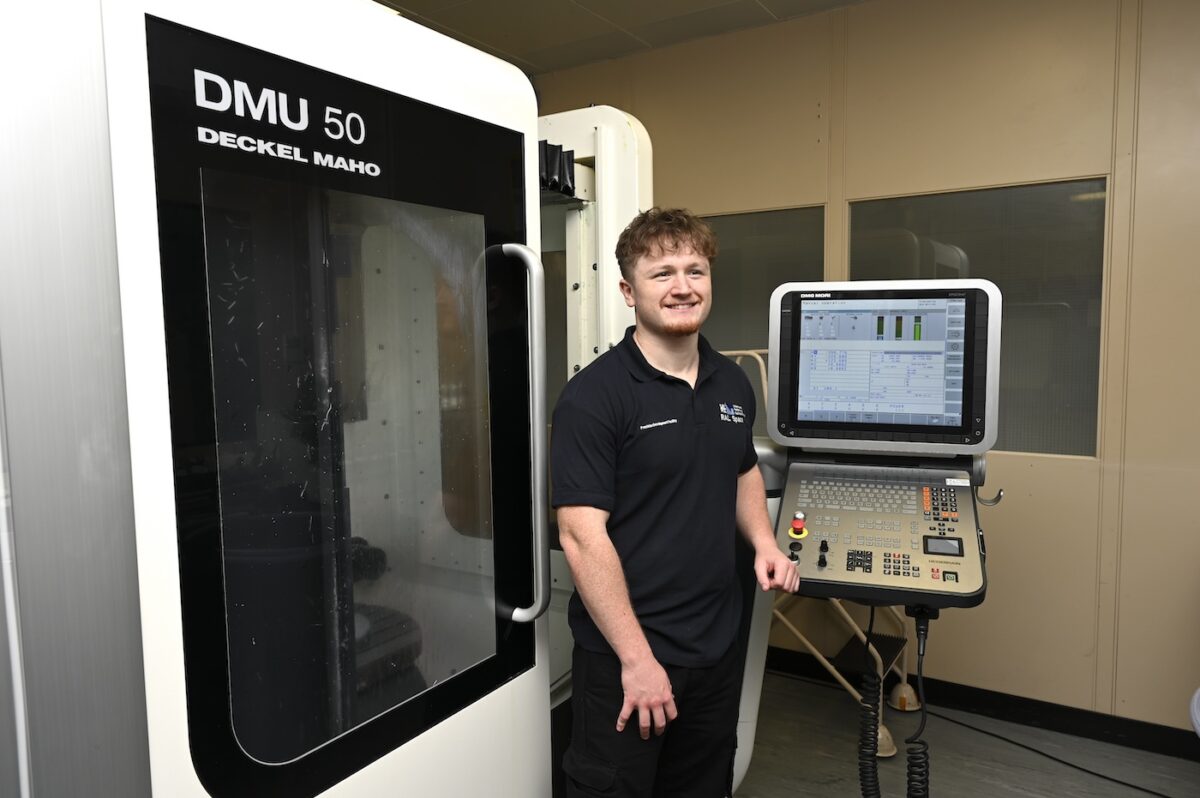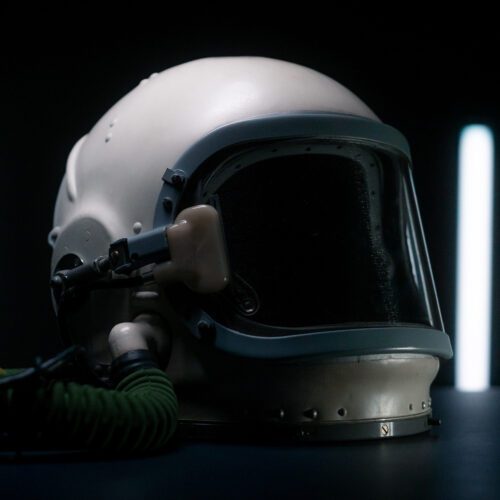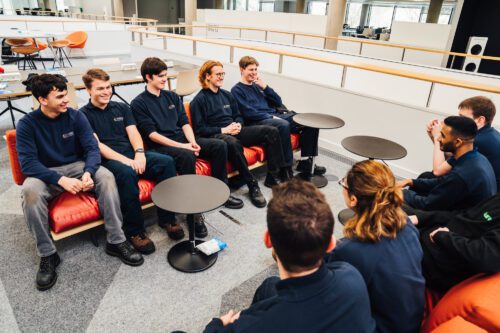The best thing about my job is the fact that some of the things I make end up in space – how cool is that? It's fascinating to think that something I have machined is way up there, hundreds of kilometres above the Earth, orbiting the planet.
I also love that we are supporting science and things which really matter. I am helping to make our world better by partnering with the space community and helping us understand space and our environment for the benefit of everyone. A lot of our instruments are mounted on satellites to provide real-time data to predict weather and climate change. That's probably one of the biggest issues we face as a society right now, so it feels good to be part of the solution, collecting important information about the planet we live on.
It is also brilliant that I get to see the full picture of what I have been working on. I can really appreciate the impact of what I am making, which makes me put in that extra level of care and effort. It is not just a job, in my role as a technician I really am making a difference.
